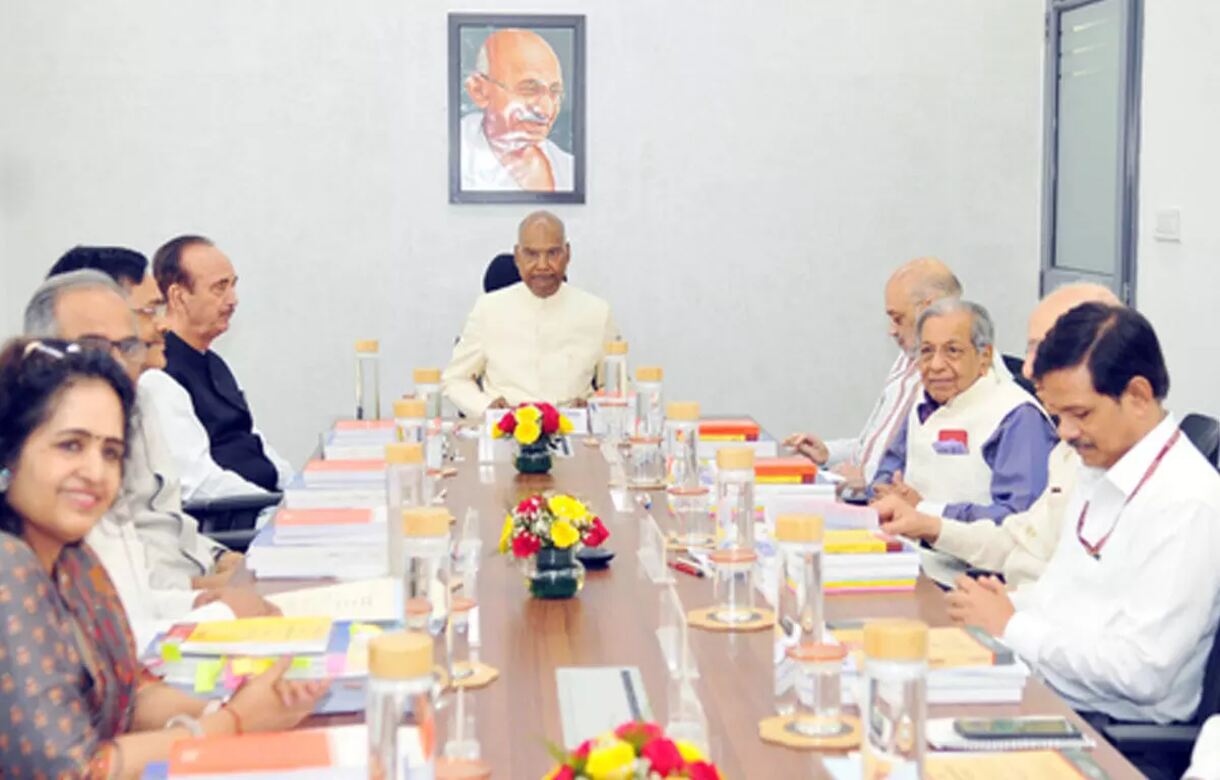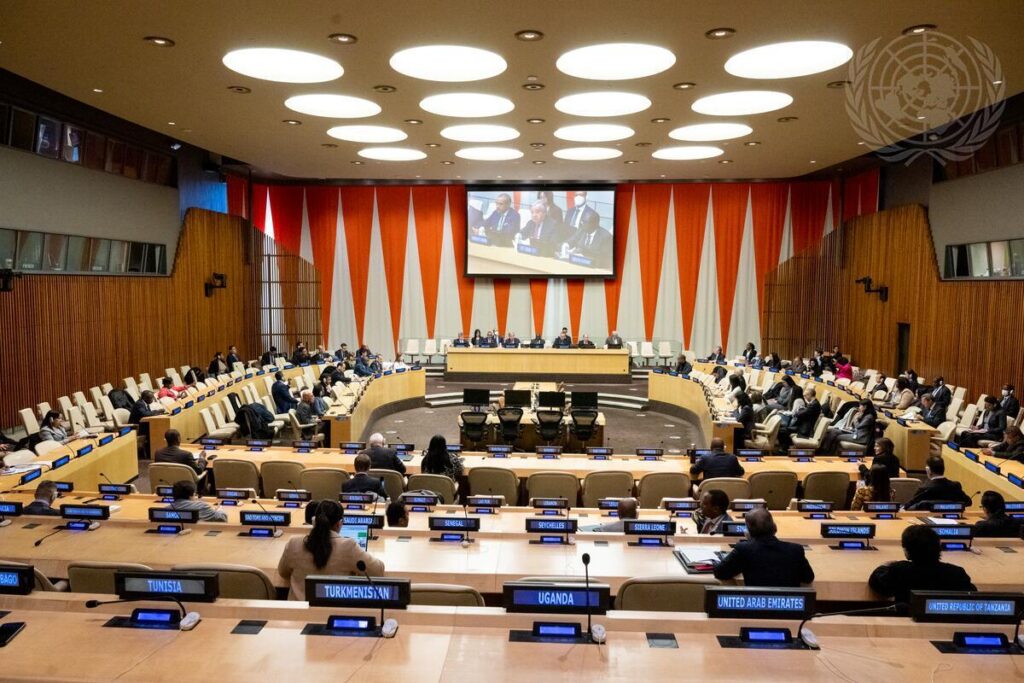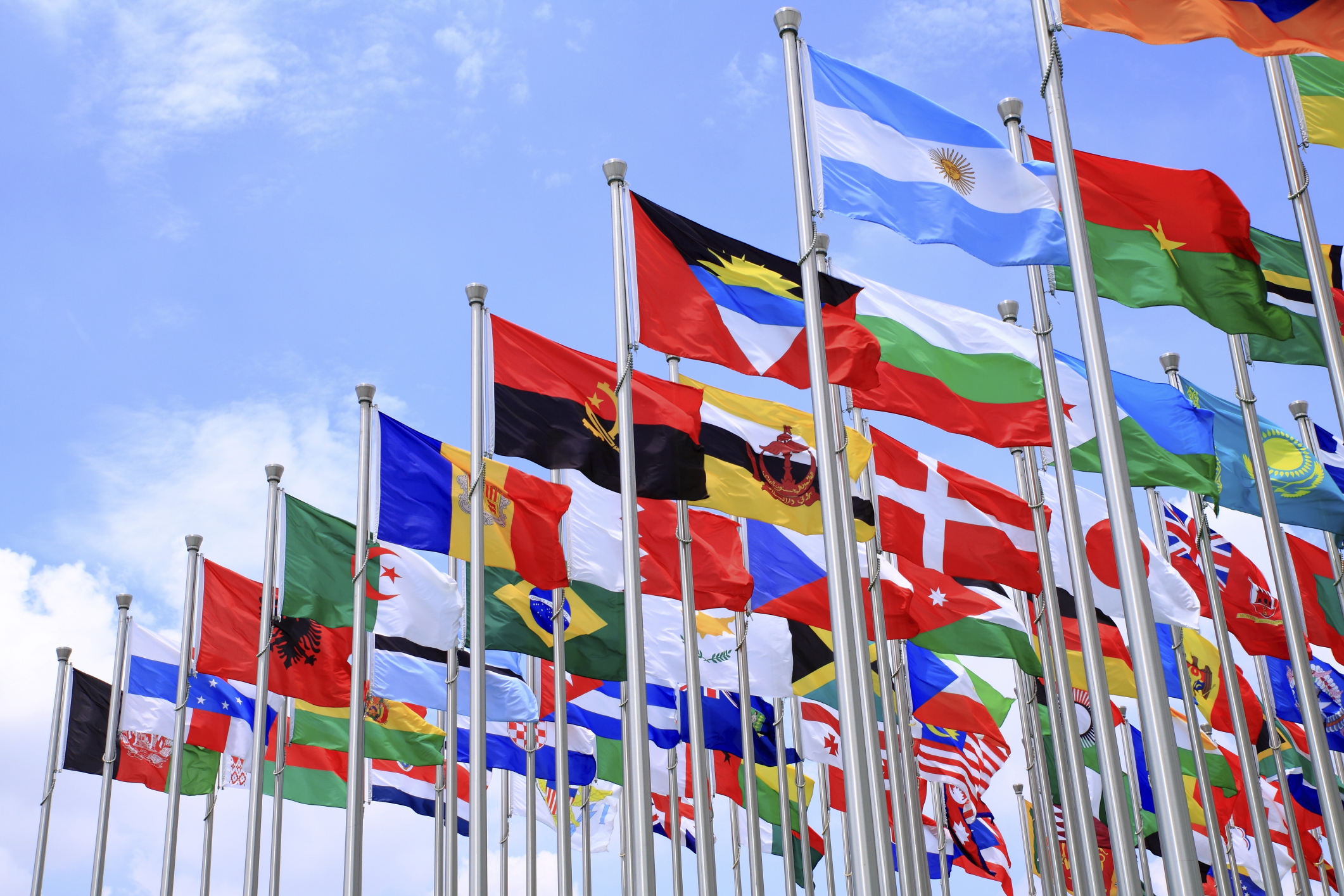Describe the role of interest Political Lobbying Groups
Explore the significant role of political lobbying groups in shaping policies and decisions. Learn how lobbying influences politics today.

Understanding the role of interest Political Lobbying Groups
In the realm of politics, interest groups, and lobbying play a significant role in shaping policies and influencing decision-making processes. Understanding how these entities operate is crucial to comprehending the complexities of political systems.
Interest groups are organizations comprised of individuals who share common goals and interests, seeking to influence governmental policies that align with their objectives. These groups represent diverse sectors of society, including business associations, labor unions, environmental organizations, and advocacy groups.
Lobbying, on the other hand, refers to the deliberate efforts made by interest groups to influence legislators and policymakers. Lobbyists serve as intermediaries between interest groups and politicians, utilizing various strategies to promote their agenda, such as providing information, conducting research, organizing events, and engaging in persuasive communication.
The influence and power of interest groups and lobbying stem from their abilities to mobilize resources, conduct effective advocacy campaigns, and establish relationships with key decision-makers. By leveraging their financial resources, expertise, and extensive networks, interest groups can exert considerable influence on policy outcomes.
However, the role of interest groups and lobbying in politics is a subject of debate. Critics argue that these entities can unduly influence policy decisions, favoring the interests of specific groups over the broader public good. Proponents, on the other hand, argue that interest groups provide valuable expertise and representation, ensuring that diverse perspectives are considered in the decision-making process.
This blog post will delve deeper into the dynamics of interest groups and lobbying, exploring their impact on policy formulation, the strategies employed by these entities, and the ethical considerations surrounding their activities. By gaining a comprehensive understanding of the role of interest groups and lobbying in politics, we can better navigate the intricacies of democratic governance and advocate for a more transparent and accountable political system.
What are Political Lobbying Groups Exploring their purpose and influence
Interest groups, also known as pressure groups or advocacy groups, play a significant role in shaping the political landscape. These groups are formed by individuals or organizations with shared interests, aiming to influence public policy and decision-making processes. They represent various sectors of society, such as labor unions, business associations, environmental organizations, and professional societies, among others.
The purpose of interest groups is multifaceted. Firstly, they serve as a platform for like-minded individuals to come together and collectively voice their concerns or advance their agendas. By pooling resources, knowledge, and expertise, interest groups can effectively lobby for policies that align with their interests.
Influence is the cornerstone of interest groups' activities. They employ a range of strategies to sway public opinion, policymakers, and legislation. These tactics can include conducting research, producing reports, organizing grassroots movements, mobilizing voters, engaging in public relations campaigns, and directly lobbying government officials. Through these efforts, interest groups seek to shape the political discourse and exert influence over policy outcomes.
The influence of interest groups can be seen across all levels of government, from local municipalities to national governments and even international bodies. They engage in advocacy work, seeking to gain access to decision-making processes and to have their voices heard. Furthermore, interest groups often form alliances and coalitions to amplify their impact and increase their chances of success.
It is important to note that the influence and power of interest groups can vary greatly depending on factors such as financial resources, membership size, organizational capacity, and the political climate. Some interest groups wield significant clout and are able to shape policy outcomes to a great extent, while others may struggle to gain traction or face opposition from competing groups.
In summary, interest groups serve as influential actors in the political arena, advocating for their members' interests and seeking to shape public policy. Through their collective efforts, they aim to exert influence and ensure that their voices are heard by decision-makers. Understanding the purpose and influence of interest groups is crucial for comprehending the dynamics of modern politics and the forces that shape our society.
The mechanics of lobbying: How interest groups influence policymakers
Interest groups play a significant role in shaping policies and influencing the decision-making process of policymakers. Understanding the mechanics of lobbying is crucial to comprehending the extent of their influence and power in politics.
Lobbying involves a strategic and deliberate effort by interest groups to influence policymakers, elected officials, and key decision-makers. These groups employ various tactics and techniques to advance their policy preferences and secure favorable outcomes.
One of the primary tools used by interest groups is their ability to mobilize resources, including financial contributions, human capital, and expertise. This allows them to effectively communicate their agenda and gain access to policymakers. By offering campaign donations, organizing fundraisers, or providing valuable research and information, interest groups can establish relationships and build a level of trust with policymakers.
Furthermore, interest groups employ advocacy and public relations strategies to shape public opinion and generate support for their cause. They utilize media channels, social media platforms, and public events to raise awareness, frame the issues in a favorable light, and generate public pressure on policymakers. This can significantly influence policymakers' decision-making process, as they are more likely to respond to public sentiment and pressure.
In addition to these tactics, interest groups often engage in direct lobbying, which involves direct communication and interaction with policymakers. This can take the form of face-to-face meetings, testimony at legislative hearings, or participation in policymaking processes. By presenting their arguments, providing evidence-based research, and offering solutions, interest groups can effectively influence policymakers' viewpoints and sway their decisions.
It is important to note that while interest groups play a crucial role in shaping policies, it is ultimately up to policymakers to make the final decision. However, the influence and power exerted by interest groups cannot be underestimated. Their ability to navigate the complex world of politics and strategically advocate for their interests can have a profound impact on the policy landscape.
The impact of interest groups on policy outcomes
Interest groups play a significant role in shaping policy outcomes in politics. These groups represent specific interests, whether it be industries, professions, or social causes, and use various strategies to influence the decision-making process. By leveraging their resources, expertise, and networks, interest groups can effectively advocate for their desired policy changes.
One of the key ways interest groups impact policy outcomes is through lobbying. Lobbying involves actively engaging with policymakers, legislators, and government officials to promote specific policies or legislation that align with the interests of the group. This can range from providing expert advice and research to organizing grassroots campaigns and mobilizing public support.
Interest groups also employ other tactics such as campaign contributions, public relations campaigns, and legal challenges to further their agendas. By strategically investing in political campaigns and supporting candidates sympathetic to their cause, interest groups can gain access and influence over decision-makers. Additionally, public relations campaigns can shape public opinion and rally support for the group's policy objectives.
Furthermore, interest groups often employ legal strategies to advance their interests. This can involve filing lawsuits, submitting amicus briefs, and participating in legal proceedings that directly or indirectly impact policy outcomes. Through these legal avenues, interest groups can challenge existing policies, seek judicial interpretations that align with their goals, or defend policies that are under scrutiny.
The impact of interest groups on policy outcomes can be both positive and negative. On one hand, interest groups provide a platform for marginalized voices and advocate for policies that benefit their constituents. They can bring attention to important issues, provide expertise and research, and serve as a check on government power. However, the influence of interest groups can also lead to the concentration of power in the hands of wealthy or well-connected organizations, potentially undermining the democratic process.
In conclusion, interest groups have a significant impact on policy outcomes in politics. Through lobbying, campaign contributions, public relations efforts, and legal strategies, these groups effectively advocate for their interests and shape the decision-making process. It is essential to understand the role of interest groups in order to assess the balance between representation and potential undue influence in the political system.
The pros and cons of interest group influence in politics
Interest groups play a significant role in shaping political decisions and policies. Whether it's advocating for environmental conservation, defending labor rights, or promoting business interests, interest groups have the power to influence the political landscape. However, this influence comes with both pros and cons.
On the positive side, interest groups provide a platform for citizens to voice their concerns and amplify their collective power. By organizing like-minded individuals, these groups can effectively lobby lawmakers and push for legislation that aligns with their interests. This allows for a more diverse range of perspectives to be considered in the decision-making process, ensuring that the needs and desires of various segments of society are taken into account.
Interest groups also possess the resources and expertise to conduct research, develop policy proposals, and provide valuable insights to lawmakers. Their extensive knowledge and understanding of specific issues allow them to offer informed recommendations, enhancing the quality of policy discussions and potentially leading to more effective and well-rounded policies.
However, there are potential downsides to interest group influence as well. One of the main concerns is the disproportionate power they may hold, particularly when certain groups with significant financial resources can heavily influence political outcomes. This raises questions about fairness and equality in the political process, as it can create an environment where the interests of a few hold more weight than the interests of the general public.
Moreover, interest group influence can lead to policy capture, where the preferences of powerful groups overshadow the broader public interest. This can result in policies that primarily benefit specific industries or segments of society, while neglecting the needs and well-being of others. The potential for undue influence and the risk of policy capture highlight the importance of transparency and accountability in the interactions between interest groups and policymakers.
Balancing the pros and cons of interest group influence requires a careful examination of the role these groups play in politics. While their participation is crucial for a functioning democracy, it is essential to maintain a fair and inclusive political system that considers the broader public interest. Striking this balance ensures that interest groups have a meaningful role in shaping policies while preventing the undue concentration of power and protecting the integrity of the political process.
What's Your Reaction?



















